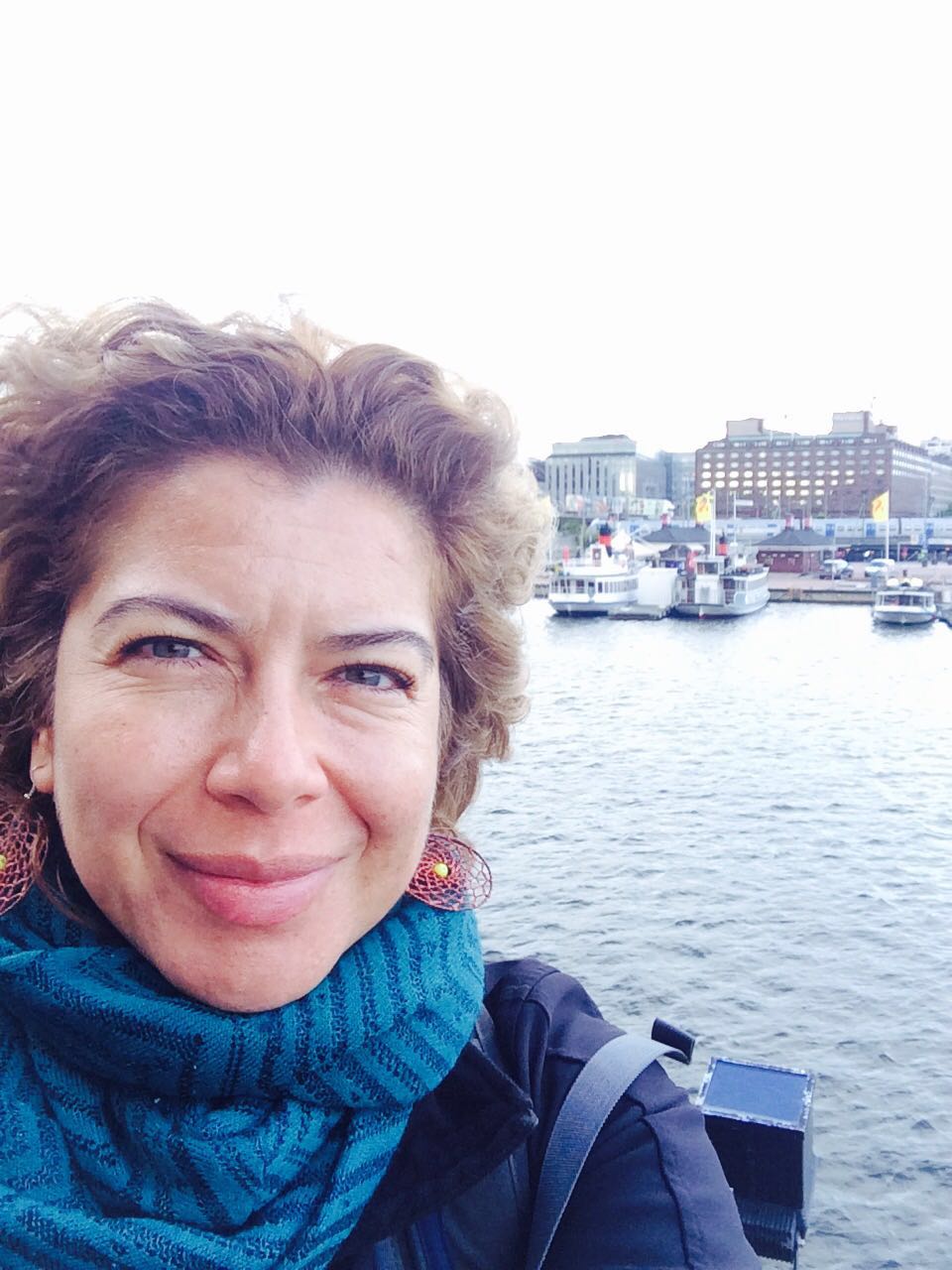
Country: Colombia
Dr. Lina M. Saavedra-Díaz has a degree in Marine Biology from the Jorge Tadeo Lozano University (Colombia), and a PhD in Natural Resources and Environmental Studies from New Hampshire University (U.S.). Through the first five years of her scientific career, she was a taxonomist of deep sea fish in the Colombian Caribbean Sea. Later, she focused on Integrated Coastal Marine Management and for the last ten years, she has been working on Colombian adaptive fisheries governance. Nowadays, she is a Professor and Scientist at the University of Magdalena (Biology Program and Fisheries Engineering) in Santa Marta, Colombia, where she co-leads the research group in sociological systems for human wellbeing.
The coastal small-scale fisheries of Colombia face a wide range of problems and conflicts. As part of her work, Lina has been trying to understand how Colombian SSF could be managed on both coasts (Caribbean and Pacific) through a bottom-up approach by working with four groups of stakeholders: fishermen, local leaders, fisheries experts and lately, the National Fisheries Administration. Her research has evolved and changed through time, and today she relies on Local Traditional Knowledge (LTK) as Fisheries Management Tool. Through the LTK, she has been able to understand that while many problems of the fishery sector are shared among individuals from both the Atlantic and the Pacific coasts (bi-coastal), others are unique to a subset of the communities, only occurring on one of the coasts (uni-coastal) or in an individual locality. Resolving the major problems these fisheries are faced with requires establishing a fisheries management strategy that can prioritize solutions at different levels: national, coastal, and local. Lina's research describes the main problems and solutions identified by the main stakeholders: fishermen, local leaders and fisheries experts to improve SSF management in Colombia. All three groups of stakeholders recommended that the government puts in place a fundamental regulatory framework for SSF.
1. What are you currently working on within the context of SSF?
Nowadays, my research is at the stage where I'm identifying, together with the National Fishery Authority, which measures could be turned into fishery agreements that might became co-management cases studies, based on a consensus among the government and the stakeholders. Most recently, I have been involved in projects related to understanding some of the following issues: the interactions among socio-ecological conflicts of SSF related to the ecosystem service of fishing; SSF in the context of environmental justice: exploring socio-ecological linkages of SSF as a common-pool resource systems: and the interactions among key co-management features to be implemented in the SSF sector of Colombia.
2. If you could single out one or two most significant factors for securing sustainability of SSF, what would these factors be?
a) To promote and improve human rights in order to tackle the origin of the SSF problems and practice fishing justice.
b) To apply a transdisciplinary approach and inter-stakeholders approach in all SSF conflicts.
c) To understand how stakeholders of the SSF sector are taking decisions at the different levels.















